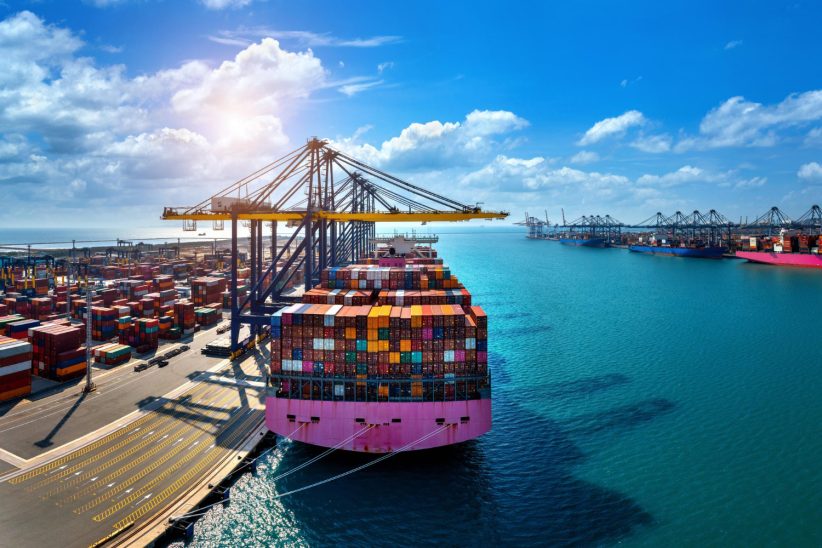Futureproof Your Supply Chain: Top Logistics Trends Every Business Needs to Know in 2024
As a supply chain leader, what logistics trend will you adopt to hold down your foot in the industry in 2024? The ever-evolving landscape demands adaptability for staying competitive, especially in the face of challenges like the escalating pace of deliveries, the surge in e-commerce, and the scarcity of skilled labour. Let’s explore emerging trends, understanding how they promise to reshape and propel the logistics industry into the future. DigitalisationThe era of digitalisation, once a distant concept, is now a tangible reality, transforming the landscape of the shipping industry. Companies within shipping and logistics are swiftly integrating advanced digital tools like Artificial Intelligence (AI) and blockchain visibility to enhance real-time tracking and amplify supply chain visibility. A monumental shift toward paperless shipping is also underway. Golden Alchemy International is at the forefront of this digital evolution, wholeheartedly embracing these cutting-edge tools and techniques to elevate and optimise our service delivery. […]




